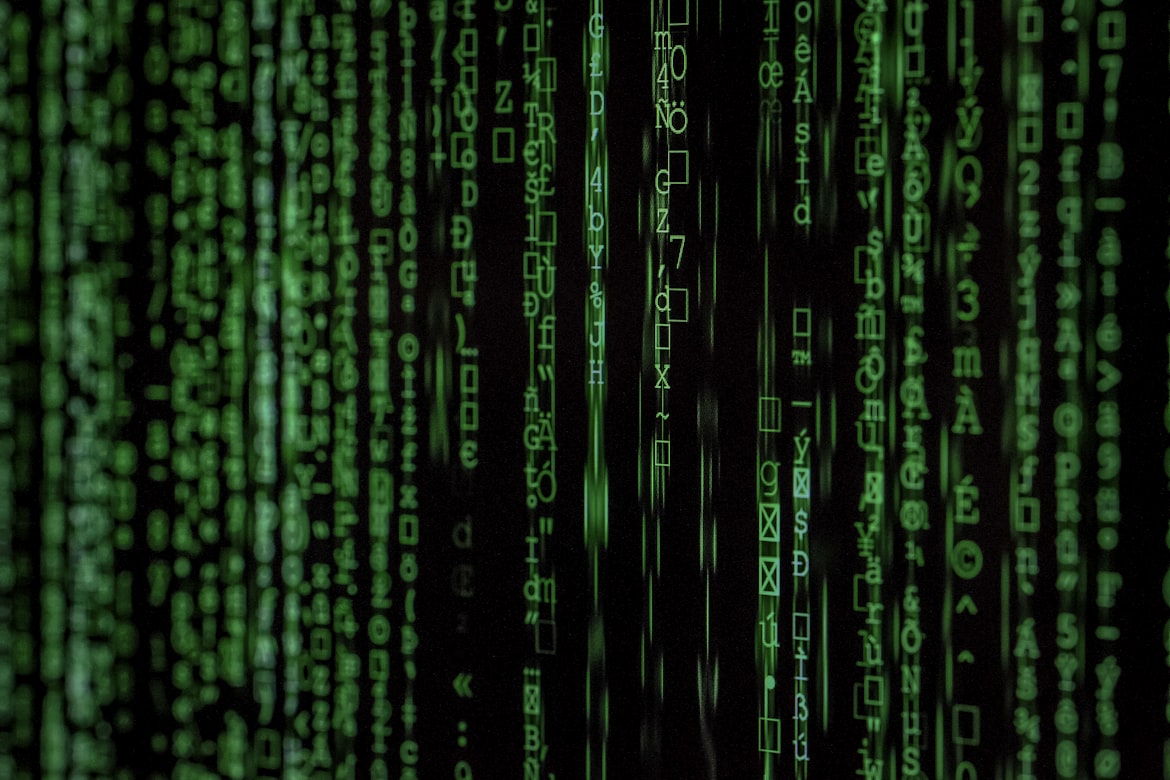Digital evidence plays a pivotal role in modern investigations, from criminal cases to corporate fraud. However, the integrity of this evidence is crucial for its use in legal proceedings. Mishandling digital evidence can lead to contamination, alteration, or even the complete loss of critical information. In this blog, we’ll explore some of the most common mistakes in digital evidence handling and how they can be avoided, ensuring that investigations proceed with the utmost professionalism and accuracy.
The Importance of Digital Evidence
In today’s digital age, almost every crime leaves behind some form of digital footprint. From emails, text messages, and social media activity to location data, financial transactions, and device logs, the range of digital evidence that can be used in investigations is vast. This makes the role of digital forensic services vital. A digital forensic expert is trained to collect, analyze, and preserve this evidence in a manner that maintains its integrity, ensuring that it is admissible in court.
However, the process is delicate. Even a small mistake can compromise the evidence, resulting in a loss of vital information, wrongful accusations, or the dismissal of a case. Understanding the common mistakes in digital evidence handling is critical for anyone involved in an investigation, be it law enforcement, legal teams, or private companies.
1. Failure to Properly Secure the Digital Evidence
One of the most fundamental mistakes in handling digital evidence is failing to secure it immediately upon discovery. If devices such as computers, smartphones, or storage media are left unsecured, there is a significant risk that data could be altered, deleted, or overwritten.
For example, leaving a computer powered on or allowing access to a smartphone without taking proper precautions can lead to the automatic syncing of data or updates that could compromise the evidence. In a case where time is of the essence, securing the device should be one of the first steps.
2. Not Using Write Protection Tools
When dealing with physical digital evidence like hard drives, USB drives, or SD cards, it’s crucial to use write protection tools to prevent data alteration. A digital forensic expert knows that data can be easily overwritten or corrupted when files are modified, even by simply opening them on a computer.
Failing to use write protection devices or software when acquiring data from digital media can render evidence inadmissible. In many cases, investigators mistakenly assume that copying data from a device won’t alter the original, but this is not true unless proper forensic tools are used.
3. Inadequate Documentation and Chain of Custody
The chain of custody refers to the documentation process that tracks the handling, storage, and transfer of evidence from the moment it is collected until it is presented in court. A digital forensic expert ensures that every action taken with the evidence is logged and that it is clear who has had access to the evidence and when.
Failing to maintain a proper chain of custody is one of the most dangerous mistakes in digital evidence handling. Without adequate documentation, there may be doubts about the integrity of the evidence, which could lead to its inadmissibility in court. Investigators should ensure that every step, from collection to analysis, is meticulously recorded.
4. Improper Storage of Digital Evidence
Storage conditions can impact the integrity of digital evidence. Whether it’s physical media like hard drives or mobile devices, improper storage can lead to damage or loss of data. High humidity, exposure to extreme temperatures, or physical shock can all result in data corruption or hardware failure.
Digital evidence should be stored in conditions that protect it from environmental factors. Additionally, physical security is paramount—devices should be stored in locked, access-controlled locations to prevent tampering or unauthorized access. Forensic experts understand the importance of these measures and follow strict protocols to ensure that the evidence remains safe and intact.
5. Failure to Use Proper Forensic Tools and Techniques
The digital forensics field is complex, requiring specialized software and methodologies to extract and analyze data without compromising its integrity. Using improper tools or techniques is a common mistake in digital evidence handling.
For example, extracting data from a damaged or encrypted device without the proper tools can result in corrupted data or incomplete analysis. Digital forensic services employ state-of-the-art software and proven methodologies that ensure all evidence is recovered, preserved, and analyzed correctly. Without these tools, investigators may miss critical data or fail to capture important evidence.
6. Neglecting to Handle Cloud Data Properly
Cloud storage services such as Google Drive, Dropbox, and iCloud are increasingly being used to store sensitive data. When dealing with cloud-based evidence, investigators must ensure that proper steps are taken to acquire and preserve this data, including obtaining proper access rights or legal warrants.
Failing to handle cloud data properly can lead to incomplete evidence collection or legal challenges regarding the admissibility of this evidence. A digital forensic expert is trained to follow specific procedures for extracting cloud-based data, ensuring it is preserved without compromise.
7. Overlooking Data from Non-Traditional Devices
Many investigators focus primarily on computers and smartphones, but digital evidence can exist on many other devices, such as smartwatches, routers, gaming consoles, and even IoT (Internet of Things) devices. These non-traditional devices often contain valuable evidence that could make or break an investigation.
For instance, a smart home device like a thermostat or a security camera may contain data on user behavior, location, or interactions. Similarly, gaming consoles may hold digital records of communications or activities that could provide insight into a suspect’s movements or intentions.
Ignoring these non-traditional devices can lead to overlooked evidence. Digital forensic experts are trained to consider all potential sources of digital evidence in their investigations, ensuring no stone is left unturned.
8. Inadequate Backup and Preservation of Evidence
Digital evidence can be vulnerable to loss or damage during the analysis phase if not properly backed up. An investigator might perform a forensic analysis on a device without creating a backup of the original data, leaving no way to recover the evidence if something goes wrong during analysis.
To prevent this, all digital evidence should be duplicated and backed up before analysis begins. Creating multiple copies of the evidence and storing them in different secure locations is standard practice.
9. Lack of Proper Training and Awareness
Digital forensics is a highly specialized field, and those involved in the process must be adequately trained. Law enforcement officers, legal professionals, and even corporate security teams should be aware of the best practices for handling digital evidence.
Without proper training, individuals may unintentionally commit mistakes, such as using the wrong forensic tools, improperly securing evidence, or failing to maintain proper documentation. Ensuring that all personnel involved in evidence handling receive proper training can prevent many of these issues.
Conclusion
Handling digital evidence is a delicate process that demands meticulous care and attention to detail. The common mistakes in digital evidence handling outlined in this blog highlight the need for thorough, well-documented procedures to ensure that evidence remains intact and legally viable. As investigations become more reliant on digital footprints, it is more important than ever to avoid these mistakes and to work with digital forensic services that specialize in proper evidence handling.
Digital forensics professionals possess the expertise, tools, and experience needed to protect the integrity of evidence and ensure its admissibility in court. Whether you are handling a high-stakes criminal investigation or a corporate data breach, working with a digital forensic expert will provide the assurance that your evidence is being properly managed.
Partnering with a reliable digital forensics team brings peace of mind, knowing that every step of evidence handling—from collection to preservation and analysis—is in skilled hands. By entrusting digital evidence to experts who follow rigorous standards, you enhance the credibility of your case and reduce the risk of crucial evidence being compromised.
Work with Eclipse Forensics for Unmatched Digital Forensic Services
At Eclipse Forensics, we understand the importance of proper digital evidence handling in securing reliable outcomes. Our team of experienced digital forensic experts offers comprehensive audio and video forensics services, from recovery and analysis to presentation in legal contexts. With advanced tools and methods, we ensure that your evidence maintains integrity and is presented clearly and accurately. If you’re facing an investigation that requires expert handling of digital evidence, don’t leave things to chance. Contact us today to learn how our digital forensic services can make a difference in your case. Let’s ensure your evidence is handled with the care it deserves.




